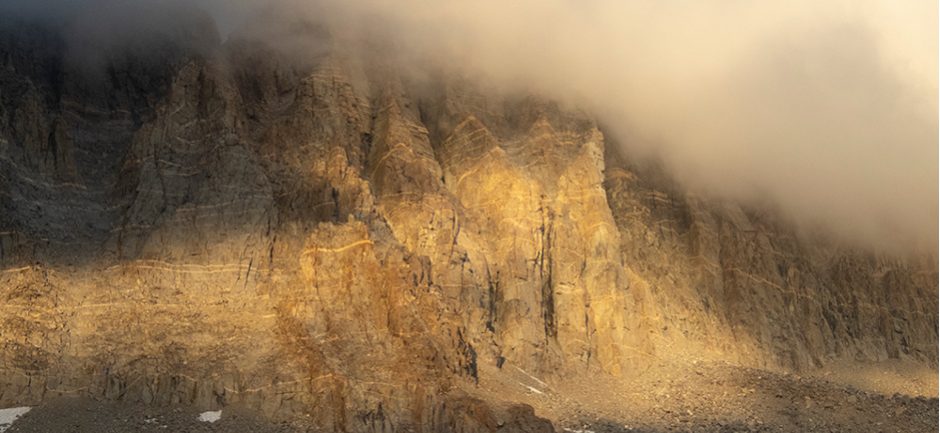“Why Some Like It Hot” by Gary Nabhan, subtitle – “Food, Genes, and Cultural Diversity.” The author is described as an ethnobotanist -someone who studies “a region’s plants and their practical uses through the traditional knowledge of a local culture and people. … investigating plants used by societies in various parts of the world.” For this book, throw in people’s genes. This is a fascinating travelogue of sorts as the author travels the world looking at ethnic cultures, their diets and genes, and how they reduce the survival threats of their homelands and how migration and/or changes in diet expose them to different threats they are not adapted to.
The first chapter, “Searching for the Ancestral Diet,” illustrates his central thesis. It is subtitled, “Did Mitochondrial Eve and Java Man Feast on the Same Foods?” It debunks the idea that one diet fits all, e.g. that all early homo genus ancestors ate the same things. Mitochondrial Eve lived in Rift Valley of Africa about 150,000 years ago and is the mother of 99.9% of modern homo sapiens. Java Man (homo erectus) arose in Asia, 700,000 to 1 million years ago. The earliest fossils were found in Java. Peking Man is now considered to be the same species. Both Mitochondrial Eve and Java/Peking Man are considered ancestors of modern humans. The idea that both of these ancestors were eating the same diet is absurd.
Nabhan journeys to Sardinia, Crete, Arizona and nearby Northern Mexico, and Hawai’i to work with the local people and study how their traditional diet, genes, local weather, diseases, and recent changes to their diet interact. In the Mediterranean and North Africa, malaria is historically the number one killer. One estimate is that half of homo sapiens has died of malaria. The G6PD allele (mutation) protects against malaria, but makes fava beans unhealthy for its carriers. Carriers get lethargic when the fava beans are blooming (“Baghdad fever”). There are cautions in the culture around consuming fava beans and spices or preparation procedure to lessen the effect.
People in desert climates are frequently more susceptible to diabetes, especially when they shift to a Western diet of heavily processed food. Nabhan’s wife conjectured that there was something intrinsic to desert plants worldwide to explain this. He identifies a possible substance (extracellular mucilage that buffers moisture) in Arizona and Northern Mexico cacti, but doesn’t followup with other desert climates.
He worked with native Hawaiian communities in their restoring their ancestral diets and community health, both diet and community.
I found his stories and discoveries intriguing. The communities he describes in the books are largely intact gene pools or with one additional gene pool/ethnicity.
Now I’m left to figure what can I do with this information? I had hoped that “Genes, Food and Culture – Eating Right for Your Origins” would help. It appears to be the same content with a different cover and title. The copyright dates are 7 years apart. If there are any changes, a quick read of the intro and first chapter didn’t reveal it.
I intend to pursue this idea. My wife and I carry the MTHFR mutation that he also discusses. Without methylated folate supplementation, our risk of cardio-vascular disease (strokes and heart attacks) is elevated. I’m 70 and my health is going down slow. What can I change in my diet to improve my health? My ancestors are scattered around the periphery of Europe: the Atlantic side of the Iberian Peninsula (Portugal or northwest Spain), England, Scotland, northwestern Germany (Lower Saxony), Finland, and Eastern Europe. Going back a thousand years or more, my ancestors ate barley, rye, leafy greens, lamb, chicken, and pork. Going back 500 years, the more adventurous may have started eating potatoes, tomatoes, chilis (nightshade family from the New World), and rice, buckwheat, and soybeans from Asia.
Updates as I figure them out.
